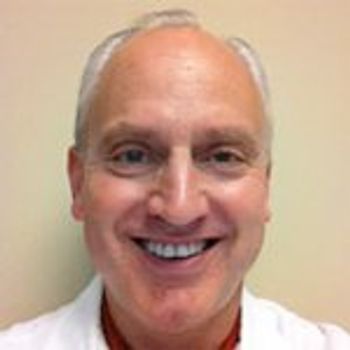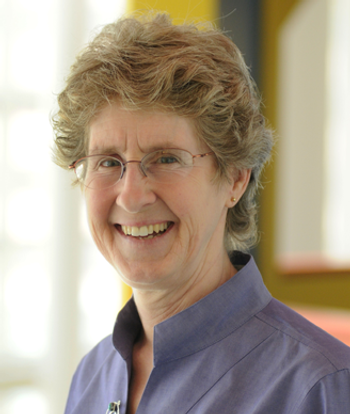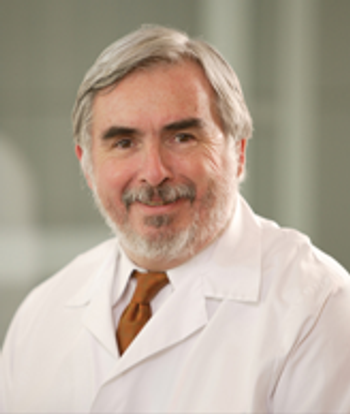
We now have more tools than ever in the fight against tobacco-related death and disability, but unfortunately, there is not equal access to resources for smoking cessation, early lung cancer diagnosis, and treatment.

Your AI-Trained Oncology Knowledge Connection!


We now have more tools than ever in the fight against tobacco-related death and disability, but unfortunately, there is not equal access to resources for smoking cessation, early lung cancer diagnosis, and treatment.

This kidney cancer slide show features images of chromophobe, papillary, and clear-cell renal cell carcinomas; as well as sarcomatoid, transitional cell, and small-cell carcinomas of the kidney.

A new set of ASCO recommendations are now available for oncologists on how to collect and utilize the cancer family history of a recently diagnosed cancer patient.

This slide show includes some of the highlights from the 2014 ASCO Genitourinary Symposium, including a study looking at anti-HER2 agents and radiation therapy (RT) for bladder cancer, RT for prostate cancer, and novel therapies in RCC.

The risk for burnout appears to rise in direct proportion to the number of hours oncologists spend on direct patient care, according to a recent survey by ASCO.

Survivorship is very much about lifestyle factors. Diet, exercise, weight control, and alcohol use must be part of our conversation each visit. Patients must see these as part of our “prescription” for their cancer treatment.

After a long session of office hours the other day that can be best described as an amateur rendition of a three-ring circus, I had a strange epiphany: Hospitals are making it more difficult for me to get my work done.

An analysis of thyroid cancer diagnosis and incidence in the United States suggests that there is an epidemic of diagnosis rather than an epidemic of thyroid cancer per se.

Using EHRs to generate survivorship care plans has the potential to expand use of the plans and improve coordination of follow-up care among oncologists, survivors, and primary care physicians, according to a recent study.

A recent survey of the medical oncologists and oncology nursing staff at UCH showed that 71% of physicians feel Beacon has made patient treatment easier for providers.

Management recommendations for breast cancer local-regional recurrence (LRR), including patient scenarios, are reviewed, and represent evidence-based data and expert opinion of the American College of Radiology Appropriateness Criteria Expert Panel on LRR.

This slide show features highlights from the 2014 ASCO Gastrointestinal Cancers Symposium, including a trial testing a vaccine combo for the treatment of pancreatic cancer, the use of anti-angiogenesis therapy in gastric cancer, and more.

Demand for oncologists and radiation oncologists will continue to outpace supply over the next decade as more patients become insured under the ACA.

Integrating palliative care earlier in the disease process can improve quality of life and possibly survival for patients with advanced cancer but its value is widely misunderstood, according to a recent review by palliative care experts.

Adding a treatment course of local radiotherapy to hormonal treatment in men with locally advanced or high-risk prostate cancer more than halved the 10-year and 15-year prostate-cancer–specific mortality.

In this interview we discuss lung cancer prevention, the recent low-dose CT screening recommendations from the USPSTF, hurdles in preventing the disease, and more.

As the dawn of the New Year begins, perhaps it would be prudent to look back and chronicle a few selected teaching moments from 2013 that might have slipped past us.

Researchers have developed a new online risk assessment tool that can accurately estimate an individual’s risk of developing colorectal cancer.

This slide show features some of the highlights to come out of the 2013 San Antonio Breast Cancer Symposium.

Cancer death rates continue to steadily decline, according to the annual cancer statistics report from the American Cancer Society.

This slide show features some of the highlights from the 55th American Society of Hematology Annual Meeting and Exposition.


An analysis of data from the National Lung Screening Trial found that more than 18% of all lung cancers detected through low-dose CT screening were indolent.

The USPSTF published its final recommendation on screening for lung cancer on December 31, concluding that all people between the ages of 55 and 80 years who are at high risk for lung cancer should undergo low-dose CT screening.

It is difficult for me to reconcile such diametrically opposed views of the value of screening in our lives, with some researchers suggesting that no women should undergo breast cancer screening, regardless of age.

The introduction of survivorship care plans for cancer survivors may not be a cost-effective use of scarce health care resources, according to the results of a companion study of a randomized controlled trial.

Updated recommendations issued by the USPSTF state that primary care physicians should screen women who have a family history of either breast, ovarian, tubal, or peritoneal cancers for BRCA1 or BRCA2 mutations.

This slide show includes some of the highlights from the 2013 ASCO Breast Cancer Symposium, including a study looking at how many women know their breast cancer risk, a study on cardiovascular risk in DCIS patients treated with radiation, and more.

A study of cancer registry data from 29 European countries shows major improvements in both cancer diagnosis and treatment as well as large differences in outcomes for cancer patients depending on the country where treatment took place.

The strongest aspect of TCGA is that the data are publically available, fueling the input needed for unparalleled discovery. As the broader scientific community continues to analyze and integrate TCGA data with their own datasets, it is highly likely that breast cancer patients will benefit.